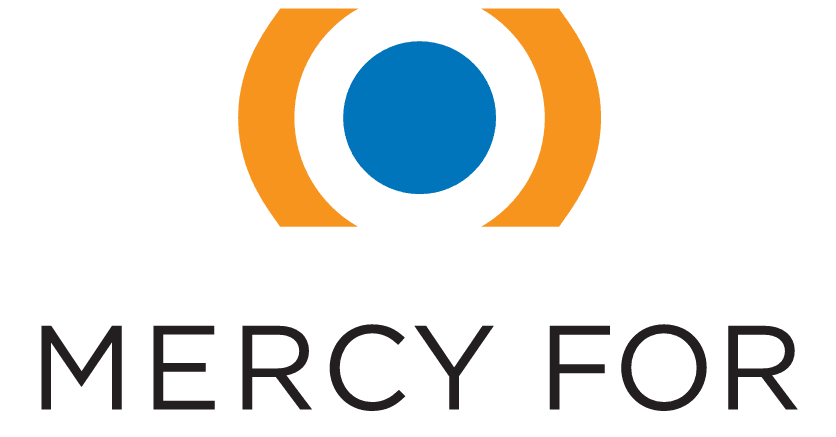Role: Law Scholars for Change Legal Internship
Remote in the United States
Law Scholars for Change Fall 2025/Spring 2026 Legal Internship Program for Animals
The Law Scholars for Change legal internship program is a component of a focused scholarship, clerkship, and fellowship support program launched in 2020 by Charles Anderson and Pamela Gross in partnership with the Center for Animal Law Studies at Lewis & Clark Law School.
Law Scholars for Change is committed to cultivating the education, practical experience, scholarship, and life work of a distinguished group of aspiring law school students, postgrads, and professionals as they advocate for farmed animals. By supporting a high level of education and nurturing a community, the program primarily aims to advance the protections and rights of animals suffering immensely in concentrated animal feeding operations. The ultimate goal is to end factory farming altogether.
As a Law Scholars for Change legal intern with Mercy For Animals, you will gain invaluable legal advocacy experience in the field of animal protection. You will connect directly with our team of attorneys who will supervise your work on a wide variety of high-impact projects. Your tasks may include researching and analyzing federal, state, and local laws; drafting memoranda and creating presentations related to programmatic and fundraising projects; drafting and revising contracts; and assisting with corporate governance tasks pertaining to legal compliance. Throughout your internship, you will receive constructive feedback and gain hands-on experience in various legal disciplines. You will leave with invaluable insights into the field of animal law that you can apply to your future career.
The Details
- Requirements: The Law Scholars for Change legal internship program is open to Law Scholars for Change members and other current law students, as well as lawyers with a license to practice law in at least one U.S. state.
- Schedule and payment: The Law Scholars for Change intern will work 12 to 15 hours per week for 14 weeks in Fall 2025 and 12 to 15 hours per week for 14 weeks in Spring 2026. The intern will earn $20 per hour and will be paid by Mercy For Animals through a grant from the Law Scholars for Change intern fund held by the Center for Animal Law Studies at Lewis & Clark Law School.
- Location: This opportunity is remote. The legal intern will meet virtually at least once per week with their attorney supervisor and will have the opportunity to attend Mercy For Animals legal team meetings and other internal events.
- Selection process: The application period will begin February 20, 2025 and will close March 13, 2025. We will interview top candidates in March and make a decision in the first week of April.
- Community building: The intern will have an opportunity to attend meetings with various Mercy For Animals teams, such as investigations, campaigns, policy, and organizing, to learn about our organization’s work. In addition, the Law Scholars for Change intern will become a member of the Law Scholars for Change network, with access to additional opportunities and benefits from the Law Scholars for Change program. They also will be invited to attend a virtual event with the program founders.



